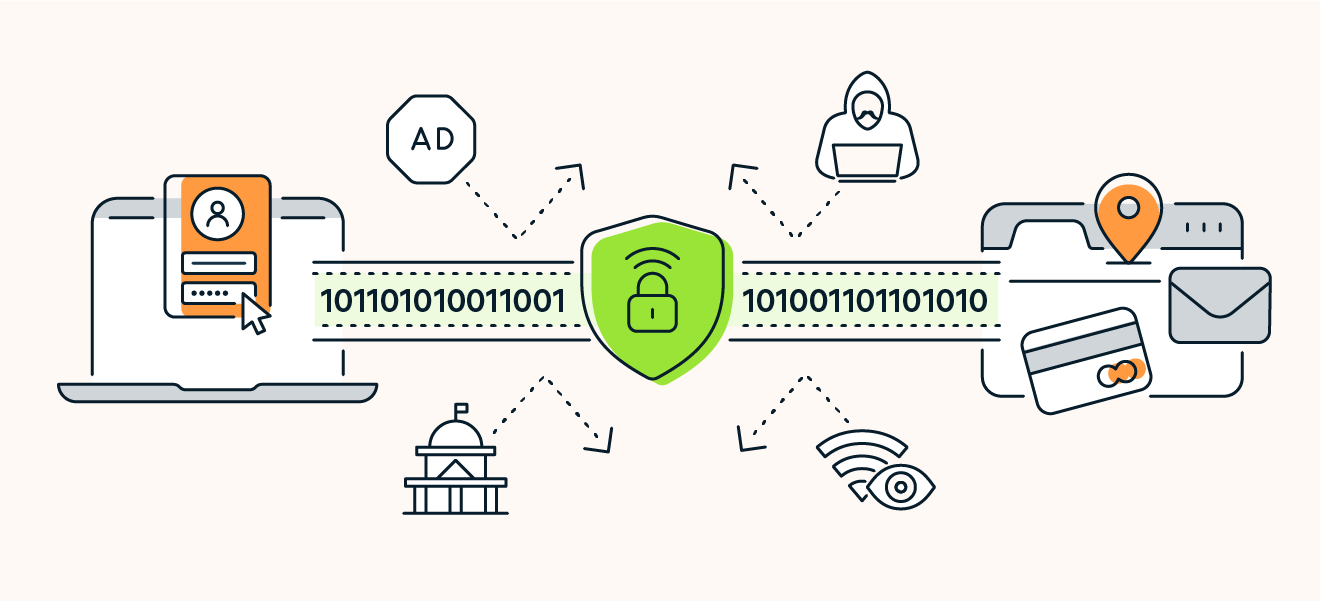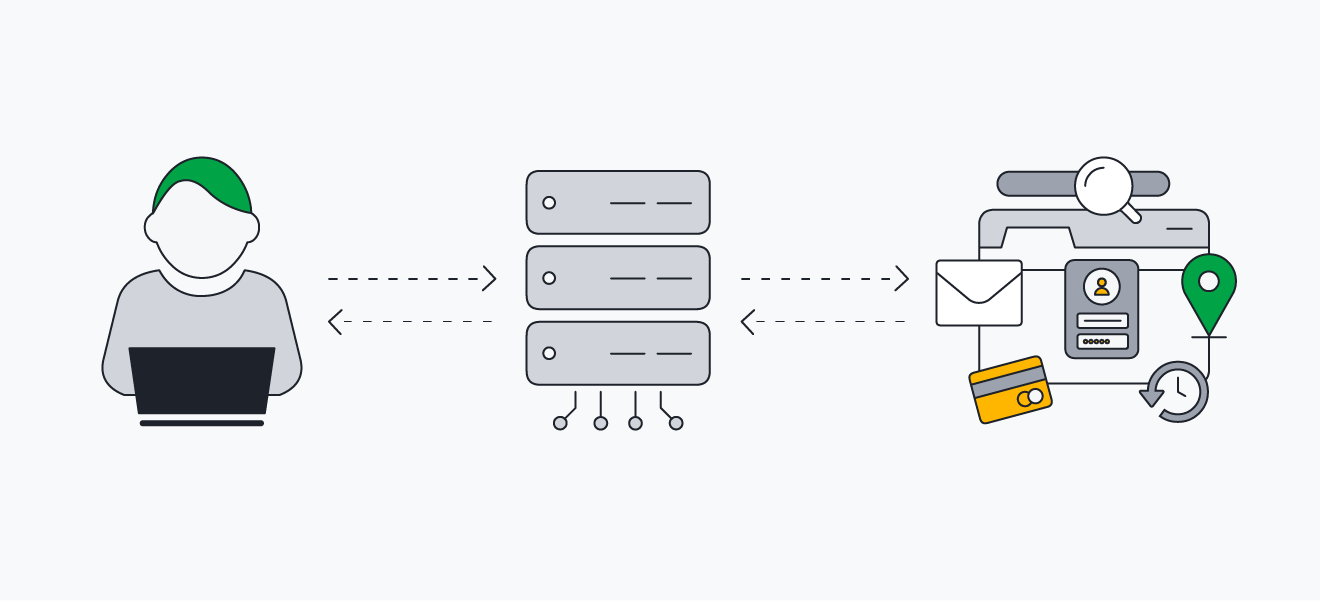Featured
Table of Contents
Tor Vs. Vpn - Which Online Privacy System Is Better? 2023
Among the crucial differences between Tor and a Virtual Private Network (VPN) is who manages the tool., which means that they are centralized. If you use a VPN, you have to trust that the VPN service provider will honor its commitment to keep your data safe and personal. On the other hand,.

Tor, on the other hand, is slower and less user-friendly. It's likewise a well-known reality that Tor has been utilized for not-so-ethical activities.
Tor is not advised for streaming as the connection is too sluggish. Yes, a lot of VPNs are quickly enough for streaming.
What Is The Difference Between Proxy Vs Vpn Vs Tor?
The majority of VPNs are easy to utilize and intuitive. Slow Fast speeds, however this will depend on the VPN supplier, the server you pick and your range to it, and other factors.
Just those that have the secret to open this safe (which is you and the information's destination, like a website) can see your data. Thanks to contemporary encryption algorithms (or locks), it's near difficult to break into your data. For instance, Express, VPN utilizes a file encryption algorithm called AES 256-bit, which is the exact same algorithm used by the government and armed force.
You will experience speed loss due to the fact that your data needs to take a trip further to get to its destination and because the file encryption procedure takes time. That stated, this difference is hardly obvious with a high-quality VPN, and it won't affect your speed as much as Tor does, as Tor isn't optimized for speed as some VPNs are.
Tor And Vpn: Everything You Need To Know
This is why you need to try to find a VPN which offers an automatic kill switch, as it will disconnect you from the internet in case your VPN software application stops working. Each node secures your information before it is forwarded to the next server. When your traffic is received by the last server (called the exit node), it's decrypted and sent to the website you're going to.
The exceptions to this are the entry node, which can see your real IP, and the exit node, which opens your encrypted data. Spies can see your traffic once it leaves the network, but not where that data came from., consisting of hackers and spies. Bad nodes generally gather info such as login information to sites, individual info, online chat messages, and e-mails.
To protect yourself from bad relays on Tor, I advise the following: over your connection. Never ever log into sites unless they utilize HTTPS.
Tor Browser Vs. Vpn: How To Make The Right Choice
Numerous legitimate sites have "mirror websites" with a. onion subdomain for these purposes. So that whistleblowers can send files and info without jeopardizing their identity. Facebook has a. onion mirror website so that people in heavily-censored areas can utilize it to communicate. The Tor internet browser or Android app, or Tails, the Tor operating system, or Onion Web Browser, the Tor i, OS app.

Given that the web browser conceals your identity, Tor is typically used to access global content in nations with rigorous online censorship. The Tor network is really slow, that makes it less than perfect for streaming, torrenting, video gaming, or any other bandwidth-heavy activities. The exit nodes of Tor can be manipulated by knowledgeable people to spy on other users, so it's not as safe as a premium VPN would be.
, as well as prevent your ISP and surveillance bodies from identifying the usage of Tor. This approach needs more technical knowledge because you'll need to configure your VPN client to work with Tor.
Tor And Vpn: How Well Do They Mix?

Tor's entry node can still see your real IP, your VPN will just see the exit node's address. Your ISP will not be able to see that you're linked to a VPN, however it can see that you're using Tor. Due to the fact that you can pick which remote server your VPN utilizes,, too.
, which increases your personal privacy. Your traffic is not encrypted when it leaves the Tor network, so. So, you'll still require to be careful about sending out sensitive details over your connection. You need to hide your usage of Tor from your ISP and surveillance bodies. You need to conceal your traffic from your VPN company.

You wish to websites. Another service is to integrate both and utilize Tor over VPN. Tor secures your personal privacy by routing traffic through several file encryption layers and relays, however your data is vulnerable on the exit node. VPNs secure your internet traffic end-to-end and reroute it through remote servers of your option while altering your IP address.
Tor Vs Vpn - What Are They & How Do They Work?
When you utilize Tor, your internet traffic is encrypted and routed through several nodes, making it harder for your ISP to see what you're doing online. This can help prevent ISP throttling based upon your online activities, such as streaming videos or downloading large files. However,, which suggests that some ISPs may still be able to discover and throttle Tor traffic.
We suggest Express, VPN the # 1 VPN out of over 350 suppliers we have actually evaluated. It has military-grade encryption and privacy functions that will guarantee your digital security, plus it's currently using 49% off.
Latest Posts
The Top 10 Enterprise Vpn Solutions
Advantages And Disadvantages Of A Vpn
10 Best Cloud Vpn Providers In 2023